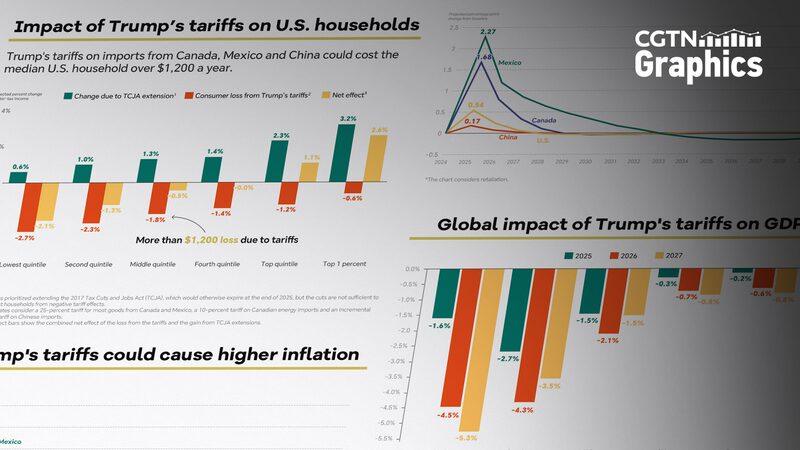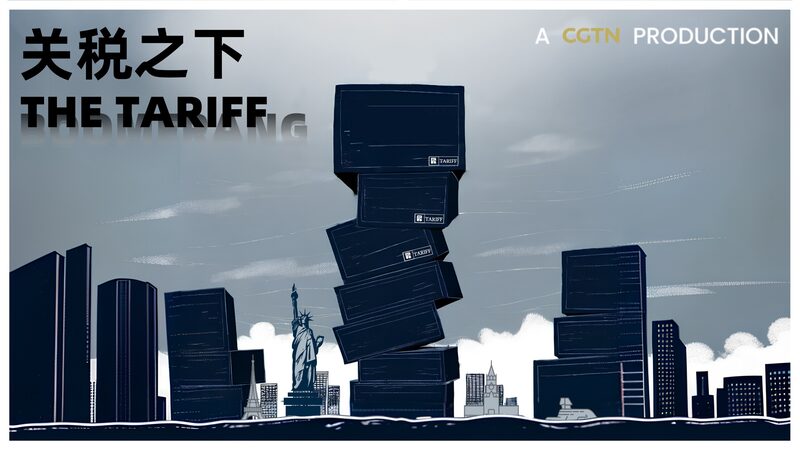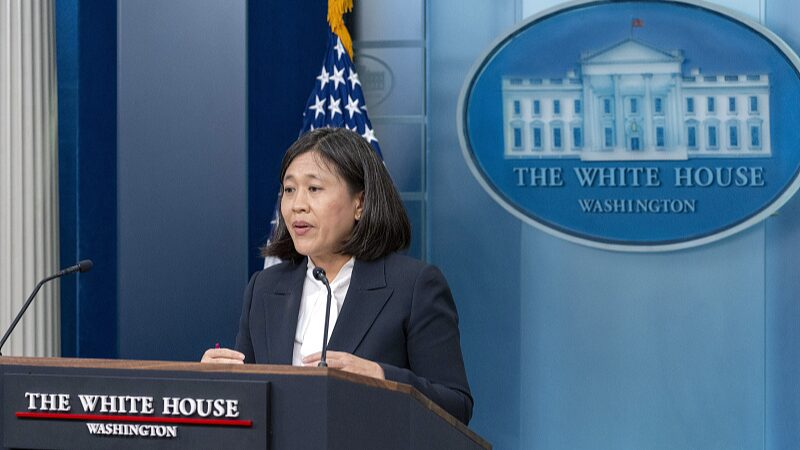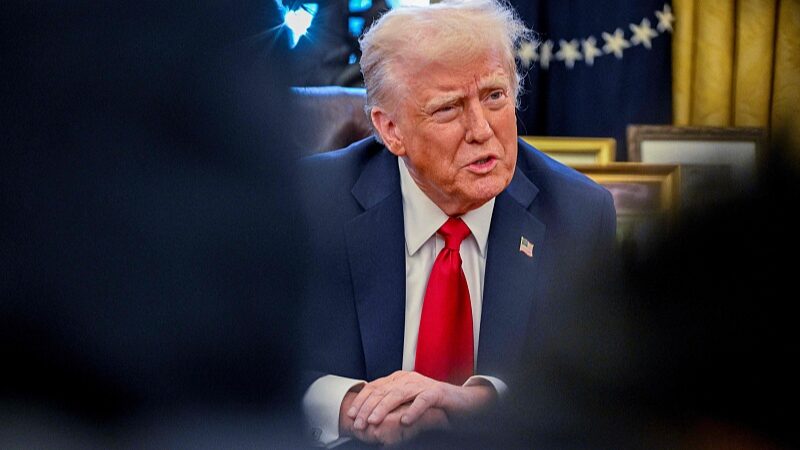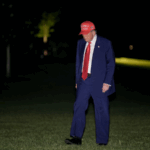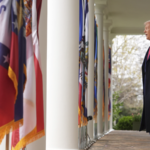When alpha male primates assert dominance, their strategies determine whether their group thrives or fractures. A provocative analogy now emerges between these animal hierarchies and modern trade politics as experts examine U.S. President Donald Trump’s tariff-driven approach.
Animal behavior studies suggest two leadership styles: chimpanzee-like coalition builders who share resources and foster stability, and baboon-inspired autocrats who rely on intimidation. Researchers argue Trump’s aggressive trade measures – including sweeping tariffs targeting global partners – mirror the latter model, prioritizing short-term displays of strength over long-term collaboration.
«Tariffs create short-term leverage but long-term deficits in trust,» notes CGTN analyst Yang Yan, who compares Trump’s policies to baboon tactics. «Like despotic primates, this approach risks isolation when allies seek cooperative alternatives.»
The contrast with historical U.S. strategies is stark. During the 1980s, President Ronald Reagan championed multilateral trade frameworks, fostering economic integration that sustained American influence for decades. Today’s fragmented trade landscape – marked by retaliatory measures and strained alliances – reveals the limits of Trump’s combative stance.
This behavioral lens offers insights for investors and policymakers alike: Sustainable leadership in global markets, much like primate societies, thrives on mutual gains rather than zero-sum domination. As trade tensions persist, the diplomatic fallout underscores a recurring truth – cooperation outlasts coercion.
Reference(s):
Why Trump's tariff tantrums will fail: Lessons from primate politics
cgtn.com

